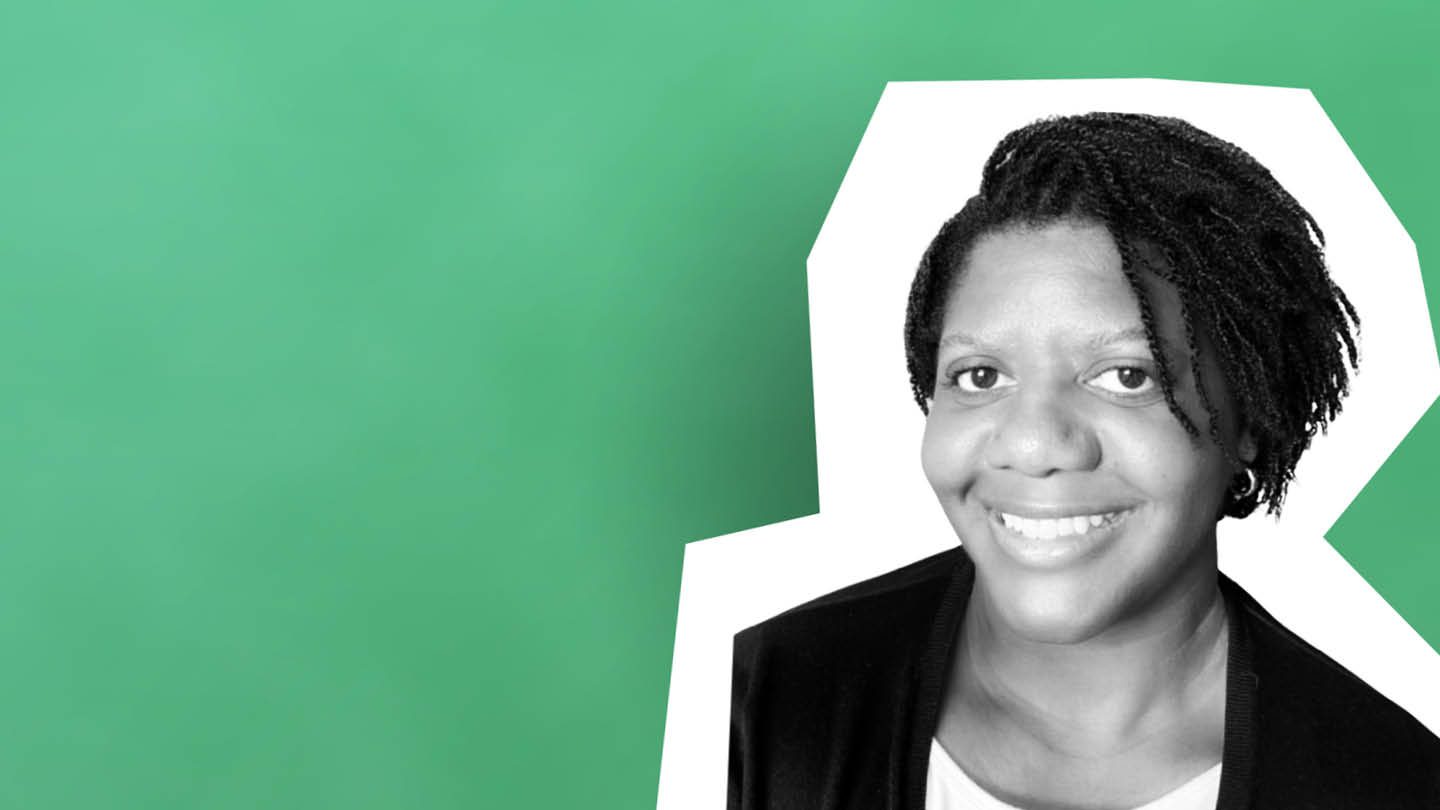Katrina Otuonye, blog and editorial manager at Truveta, was always a writer — it just took her a while to realize that could also be her job.
She assumed writers were simply chosen by the powers that be, and so she focused her efforts on math and science instead, majoring in pre-pharmacy and working as a pharmacy technician.
However, anxiety near the end of college led Katrina to pivot and complete a degree in English.
“I’d always been very focused,” she says. “Everyone had drilled into me: Get good grades, get a good job, do the things you really want to do later.” Yet she couldn’t help but notice that her peers — including friends in pre-med programs and pharmacy techs she worked alongside — seemed happy now, even as she felt she was dragging herself along.
Looking back, it was clear that writing and editing were always her primary interests. Even during college, she’d been editing people’s lab reports and providing notes on English papers for her friends’ younger siblings. After she took the Pharmacy College Admission Test and spent the next few days sulking and researching creative writing programs, she decided to take the leap into writing.
“I Didn’t Want to Put Off the Thing I Was Dreaming About”
Katrina realized she would’ve been one “very sad pharmacist.” So she chose herself, finishing her degree in English and then teaching English for a year in Wuhan, China. Next, she went to graduate school to get her master’s in fine arts, complete a teaching fellowship and work toward becoming an English professor.
In the meantime, she began freelancing as a writer. She finished grad school, accepted a job as an adjunct English professor, and then pivoted again, this time to full-time copywriting. From there, she worked in development and then the startup world.
Eventually, Katrina landed at Truveta, a health tech company where, she says, “I get to use all of this information in my brain at the same time. I’m reading up on health inequities and working on a style guide and talking to the team about my love of em dashes. It’s a great fit for me.”
Homing In on Health Inequities
Katrina stays current by subscribing to industry publications, monitoring social media and keeping a close eye on health inequities.
“Right now, relevant and timely content in my sphere is related to COVID, but health inequities are, unfortunately, evergreen content,” she explains. “For me, it’s just about finding more ways to bring these ideas to the forefront. For example, maternal and reproductive health, particularly for Black people.”
She references Beyoncé and Serena Williams — two of the richest Black women in the world — and how, despite their fame and success, they had to be experts on their own bodies in order to receive the right care.
“It brings home that if you’re worth a billion dollars and a Black person, you can still be impacted by how this world in general, and specifically the United States, is not designed for you to survive or flourish,” Katrina says. “You cannot achieve or capitalize your way into better health outcomes.”
Repairing a Fractured Sense of Community
Finding community as a writer has been a balm for Katrina. She just finished reading “How We Show Up” by Mia Birdsong. Through her own reflections and talking to employees about their experiences, Katrina realized that the idea of community has become fractured, especially during the past few years.
She also attended the Port Townsend Writers Conference, which she refers to as “writer camp.” “It was so refreshing to make connections again with people who are all just trying to write cool stuff,” she says. “I got to read my work in public for the first time in years. It brought home how powerful community is, and I’m so grateful I got to meet all those people.
“I’m gushing, but I adore the people I met. I’m still a little sad I don’t get to see them every day. But that’s what community can do!” Katrina continues. “Writers are not always great at talking in person, and those kinds of events and conferences can bring together all of these people with tenuous connections.”
Katrina adds that communities can be excellent for talking through frustrations. “I think some of the most important parts of a community aren’t necessarily to have someone help solve our problem,” she says.” it’s just to have other people hear us. And that needs to be the core part of any group — empathy, support, accountability.”
When thinking about community, Katrina recommends asking yourself: “Who is a significant person in my life who is not a partner, spouse or immediate family member?”
Whether the answer is a close friend, a neighbor, a co-worker or someone else, it’s worth discovering.
“The most important people in our lives are not just whoever we happen to be living with,” Katrina says. “I’m dramatically generalizing, but queer communities are better about this because they, in many ways, have been forced to make their own way and do not always feel as beholden to the myth of the isolated unit.
“Who are you accountable to? Who is accountable to you? Where do you feel the most tenderness in your life?” she continues. “I think we need to make sure that the people in our communities feel honored, supported, and cherished. Friendships are relationships, too. For us to figure out what a safe and equitable future looks like, we all have to do it together.”
Check out some of Katrina’s recent published works in Essay Daily and The Seventh Wave.






